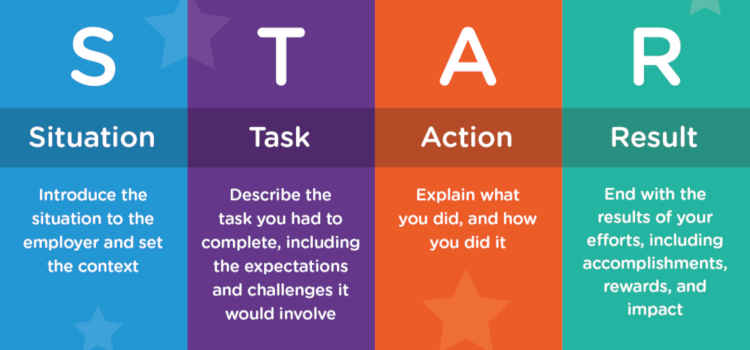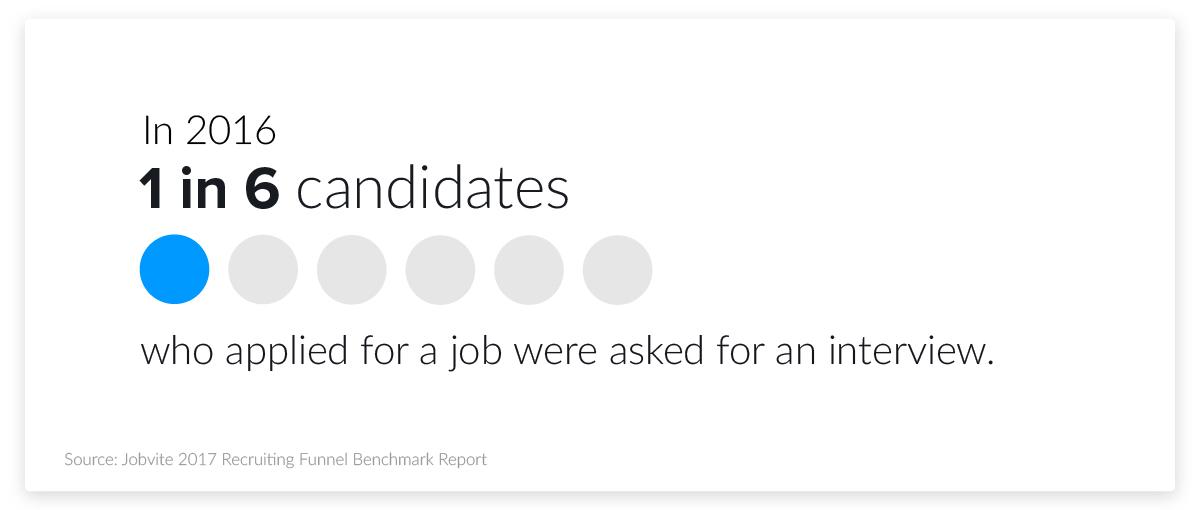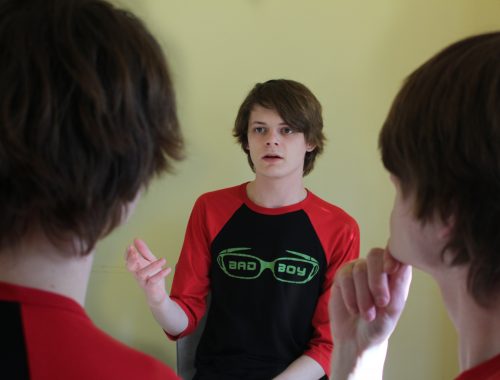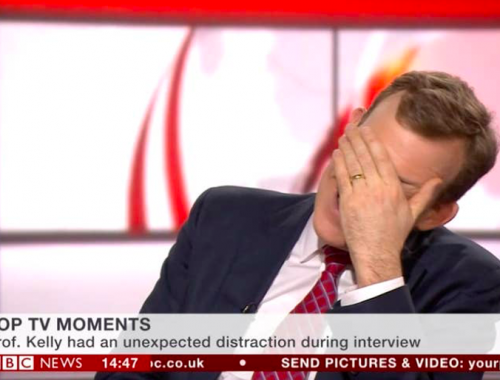FAIL TO PREPARE IS PREPARING TO FAIL
Interviews really force you to ask yourself, ‘what have I actually done with my life?’ or more formally, ‘What experience and qualifications have I gained that sets me apart from others? or Why do I deserve to get the job?’
These questions above were some of many I asked myself before the simulated interview session held within Queen’s Work Placement module. We were given the opportunity to research potential jobs we would consider applying for. I selected a classroom assistant role within the Belfast area as I intend on working for a year to build up my experience of working in a primary school, preparing me for a PGCE the following year. Following our job selections, we were interviewed by peers, giving us the opportunity to gain insight to what typically takes place in an interview, building on our experience preparing us for the ‘real thing’. I found this to be extremely beneficial as I’ve never had to participate in a job interview before and so the idea of it frightens me.

To prepare for the simulated interviews, I researched commonly asked questions and began to prepare answers. As I started to do this, the STAR technique really stood out to me on many websites as the best way to create clear and concise answers especially for interviews. This process of addressing the question by describing the Situation, then identifying what the Task was in the situation, what Action was taken to carry out the task and finally what the Result of the situation was, helped me to highlight exactly what the interviewer would want to hear. I went through this process with each of the questions and I felt confident as I approached interview day.
https://uk.indeed.com/career-advice/interviewing/star-technique

As well as being prepared with my answers, I also needed to present myself in a professional way. Thankfully, in secondary school I had an interview skills day, which taught me what to expect in an interview, whilst highlighting the importance of body language, dress code and relating my experience to the job being applied for, but ultimately what NOT to do and say in an interview. Looking back, this was highly beneficial as many elements that were focused on that day would be applicable to my simulated interview, but also the real ones in the near future.
The day arrived, and I felt very apprehensive about how the interview was going to go. I felt prepared, but with it being a new experience there was obviously going to be some nerves. Following the discovery that 39% of candidates get rejected due to overall lack of confidence level, voice quality, or lack of smile, this made it blatantly clear how important each of these are in an interview. Throughout my Drama degree, I’ve encountered many times where nerves have had to be disguised with confidence in order to not crumble in front of examiners and peers. As well as this, I’ve had several opportunities to speak in front of others, sharing ideas and it has inevitably helped my communication skills. This was all reflected in my interview as I went in with confidence and did my best to come across as friendly, but professional.
My answers followed the STAR technique, but in the middle of the interview I was asked the question, ‘What are your weaknesses?’ which caught me off guard and caused me to pause in order to come up with an answer. Pre-interview I thought interviewers only wanted to know about your experience and the positive attributes that can be brought to the job, so this threw me off completely. This caused me to really panic and ramble through an answer to get it over and done with. This is something that I will never forget and resultingly will be fully prepared to answer next time. The ten-minute time limit I found quite pressurising as I was unsure how much detail I could afford to go into for each question, therefore I will work on getting to the point if I have restricted time in a future interview. At one stage of the interview, I found myself losing eye contact because I was trying to think of an answer to a question, but was able to reengage with the interviewers again. Teamwork is a skill I have developed in recent months through my placement. The organisation works together to create educational online content which I have been heavily involved in and at Christmas we completed our first project together. This is a skill I was able to discuss in my interview, which will be vital for working in a primary school.
Due to there being a few weak moments within the interview, I have come to realise how essential preparing for an interview is as well as knowing exactly the job and company you’re applying for, to perform at the highest of your ability.

Following the interview, I was made aware by my course tutor that I should have aimed higher with regards to the job I was ‘applying’ for, as it is just a steppingstone to the career I want to pursue in the future. In contrast, I feel that by being interviewed on the classroom assistant role, it has prepared me for the interviews I will do in the next couple of months. I used the Borton’s model of reflection to prepare for the interview, but also analyse how it went, what I said and where I can improve moving forward.

As I soon begin the rest of my working life, I have acknowledged the weaknesses I carry when it comes to doing interviews. Going on from here and doing interviews in the real world, I know the importance of in-depth preparation to enable me to perform to the best standard within an interview, whilst being very aware of how crucial eye contact, professional body language and behaviour is, will set me up for the many interviews ahead.
References
Marija Lazic, 30 Mind-Blowing Interview Statistics to Get You Going in 2022 (2021) <https://legaljobs.io/blog/interview-statistics/> [accessed 16 February 2022].
Indeed Editorial Team, How To Use the STAR Interview Technique in Competency-Based Interviews (2021) <https://uk.indeed.com/career-advice/interviewing/star-technique> [accessed 18 February 2022].
You May Also Like

Shocker, Tom also sucks at interviews!
18 February 2022
9 February 2022

